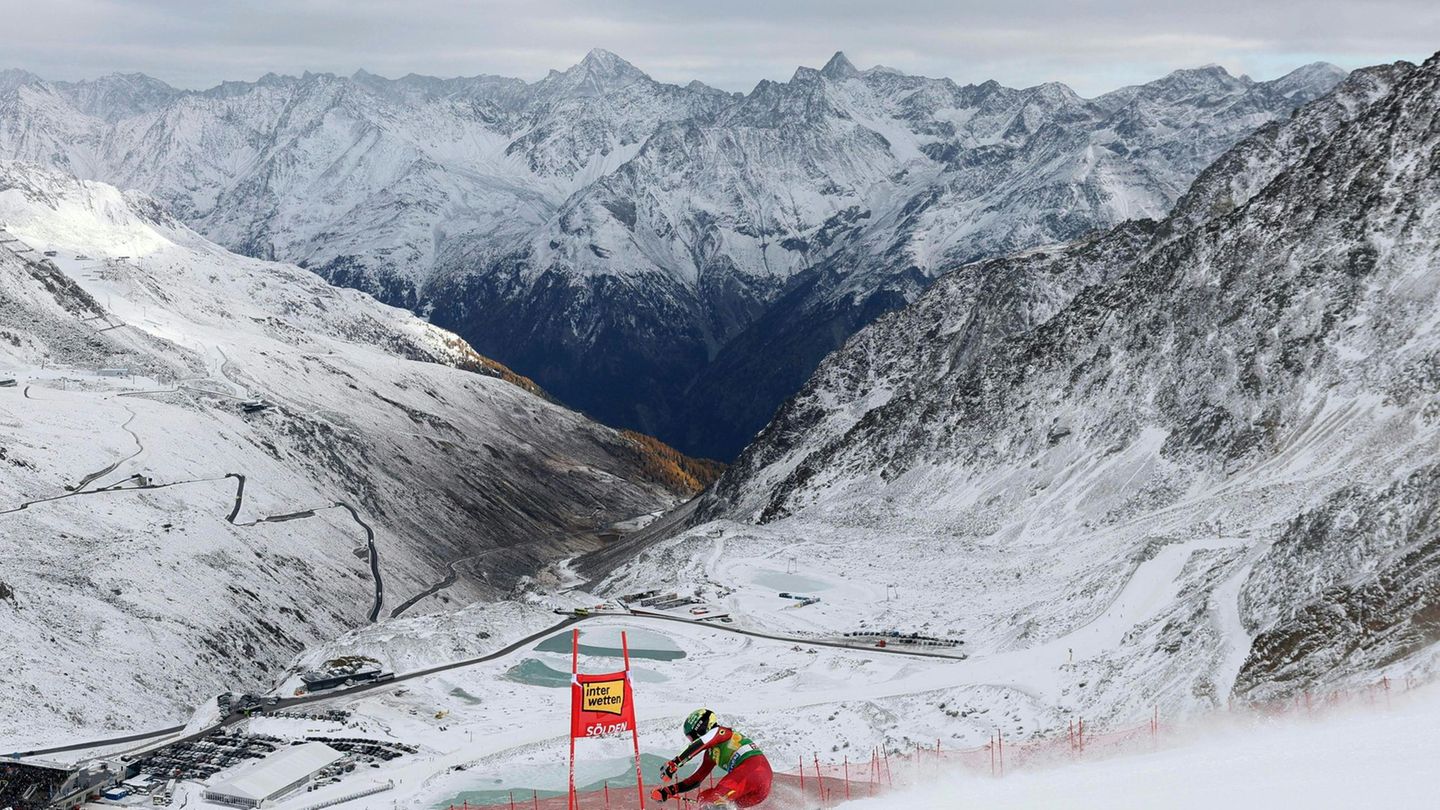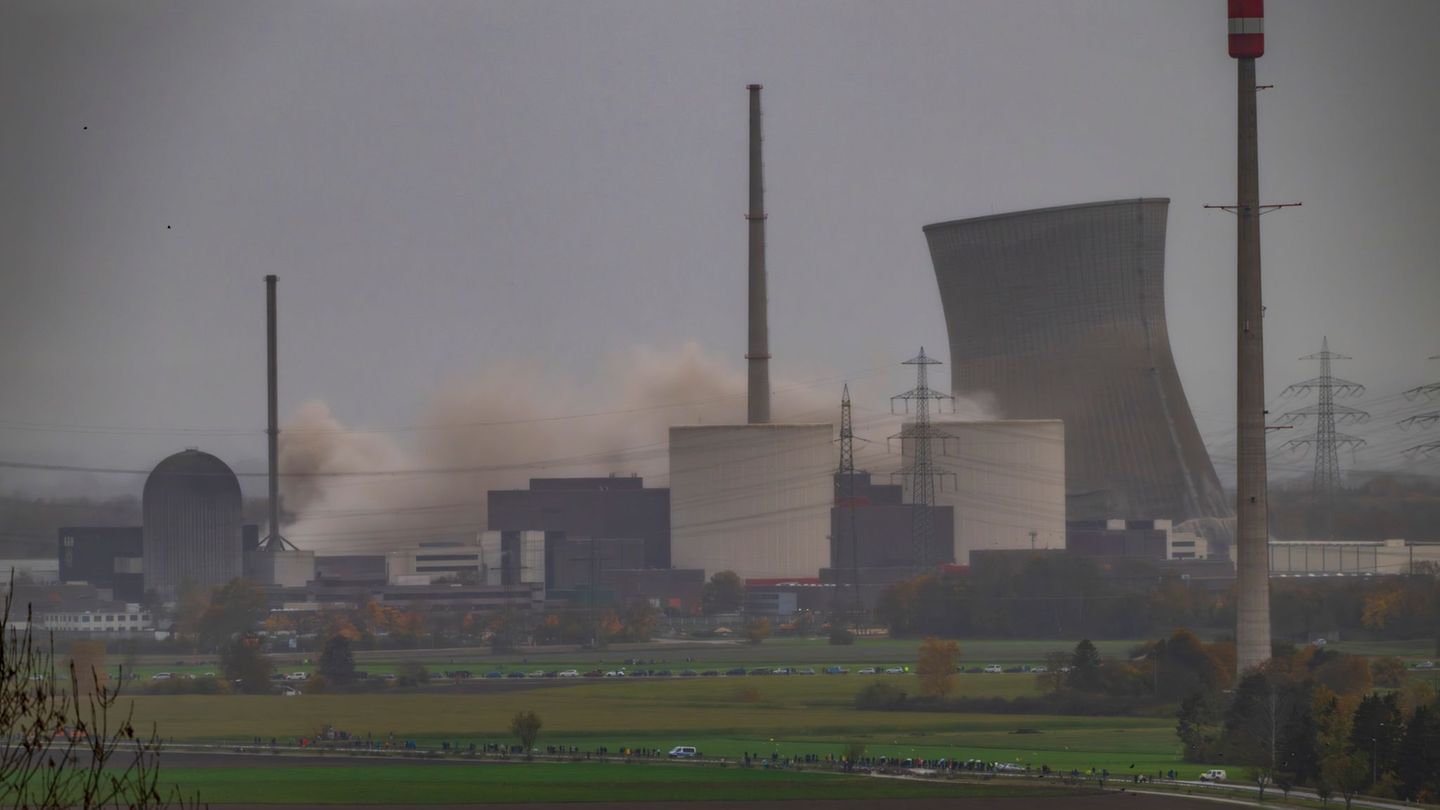The use of intelligence to seek information from protesters and criminalize the protest is prohibited by different laws.
In the last week, Argentina has witnessed a worrying Increase in the use of intelligence organisms for the surveillance of demonstrations and the criminalization of social protest. This phenomenon, which contravenes fundamental constitutional principles, finds its support in government decisions that have distorted the spirit of the Internal Security Laws (24,059) and National Intelligence (25,520).
The content you want to access is exclusive to subscribers.
The regulatory framework: clear limits and dangerous transfer
The Internal Security Law (24,059), sanctioned in 1991, establishes that public security is the competence of police forces, expressly limiting the participation of the Armed Forces in internal security matters, except in exceptional circumstances duly justified and regulated. In turn, the National Intelligence Law (25,520)promulgated in 2001, prohibits taxatively that intelligence agencies perform surveillance tasks on people for their political ideology, trade union activity or protests.


In that sense, the Article 4 of Law 25,520 It clearly establishes the prohibition that intelligence agencies accumulate information on political, social and union organizations, unless there is an ongoing judicial investigation with express order. However, in practice, this provision has been violated on multiple occasions, allowing the Preparation of listings of protesters and social referentswhich directly impacts the right to protest. The undue collection of data on these actors generates an intimidating effect, inhibiting free expression and citizen participation in public demonstrations for fear of state reprisals.
Specifically, it hardly transcended what happened with the Photographer Pablo Grillo The Minister of Security of the Nation expressed particular data of the injured who until that moment were only known for a small group of people -family, friends and colleagues. That is to say, Pablo Grillo was not a public person, because exhibiting his job records or his political militancy, the information collection activity carried out by some criminal intelligence meeting body was exposed. The speed imposed by the minister to justify the injuries of the photographer did nothing more than to leave an action in violation of the rules that govern the activity. On the other hand, the immediacy in the information, led him to say that Grillo is detained, when in reality at that same moment he was being helped in a Buenos Aires hospital. The story and its falsehoods.
The danger of intelligence without control
The accumulation of information on social and political organizations, prohibited by Law 25,520, has become a Tool to justify the repression and criminalization of protest. This practice generates a climate of fear between citizenship and threatens freedom of expression and peaceful mobilization.
While the aforementioned standard enables the production of intelligence borders inside, it does so in terms of the risk of the constitutional order -Article 2, subsection 3 – as a prevailing requirement. Intelligence directives are not illegal in this case, since the assumption invoked is real and not deliberately built around a convenient account of the executive on duty.
The democratic risk in which Argentina is immersed, apparently, is not linked to the protests of retirees or other social sectors vulnerable to the implementation of a brutal economic model, but is related to the self -managed method of state violence.
In other words, generate a state of violence that allows an interference to the national regulatory system, thus causing a legislative exceptionality in the accumulation of decision -making power and control only in the hands of the Executive. The state of exception as a general rule.
Towards a reform with democratic perspective
Faced with this situation, it is imperative to resume the original spirit of laws 24,059 and 25,520, ensuring that intelligence organisms are not used as political repression tools. To do this, it is essential to strengthen the mechanisms of parliamentary and judicial control, guarantee the Independence of the Bicameral Commission and criminally sanction the improper use of state intelligence.
Respect for individual freedoms and non -criminalization of protest are pillars of any democratic society. If intelligence and internal security continue to be used as mechanisms for persecution and social control, the country runs the risk of eroding its own institutional and democratic scaffolding. History has shown that security without limits or controls only leads to the loss of rights and the weakening of the rule of law.
Lawyer, Master in National Defense. Parliamentary Advisor in the National Defense Commission in the Honorable Chamber of Deputies and in the Bicameral Intelligence Commission of the Honorable Congress of the Nation. Reviewer of the Scientific Journal of the Institute of International Relations of the National University of La Plata. Fadena teacher, UNDEF.
Source: Ambito
David William is a talented author who has made a name for himself in the world of writing. He is a professional author who writes on a wide range of topics, from general interest to opinion news. David is currently working as a writer at 24 hours worlds where he brings his unique perspective and in-depth research to his articles, making them both informative and engaging.




